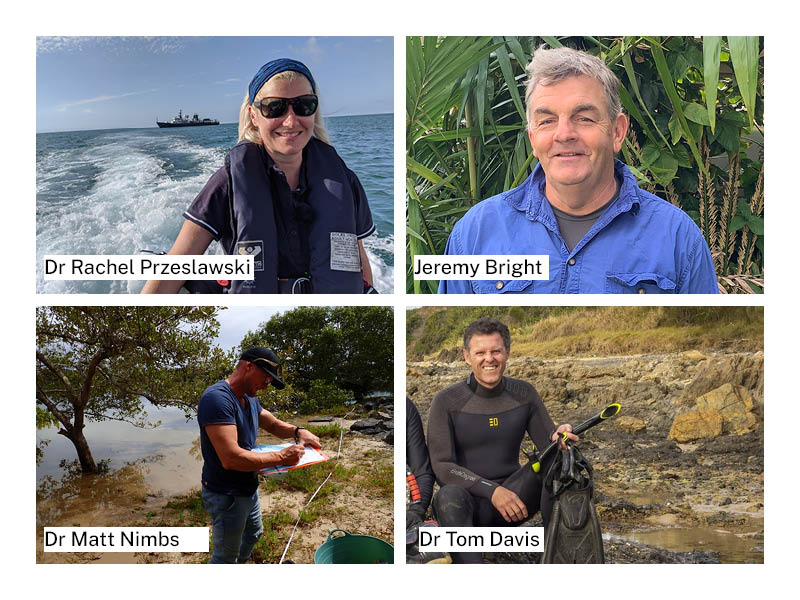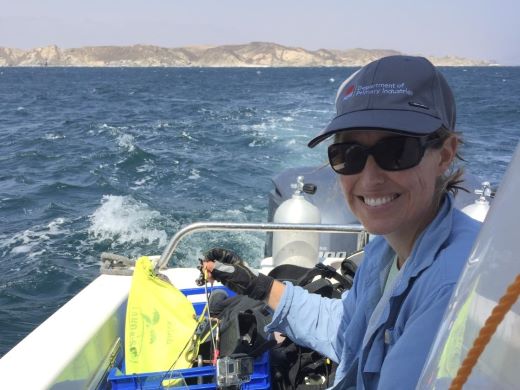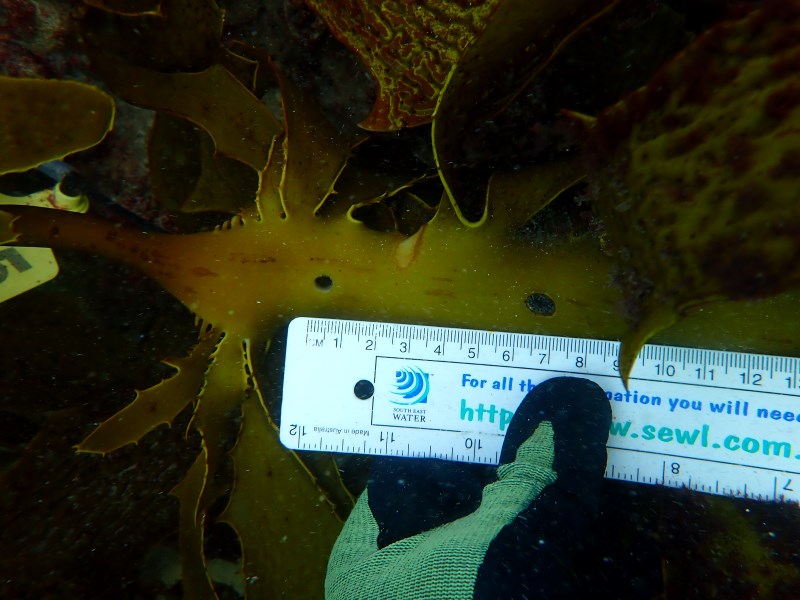Project updates
Deep dive on health of NSW coast
18 December 2019
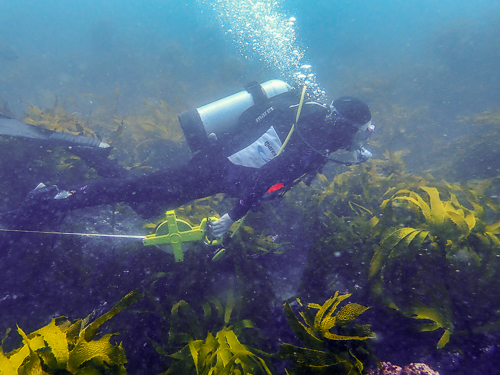
World’s oceans reach alarming new temperature levels
15 August 2023
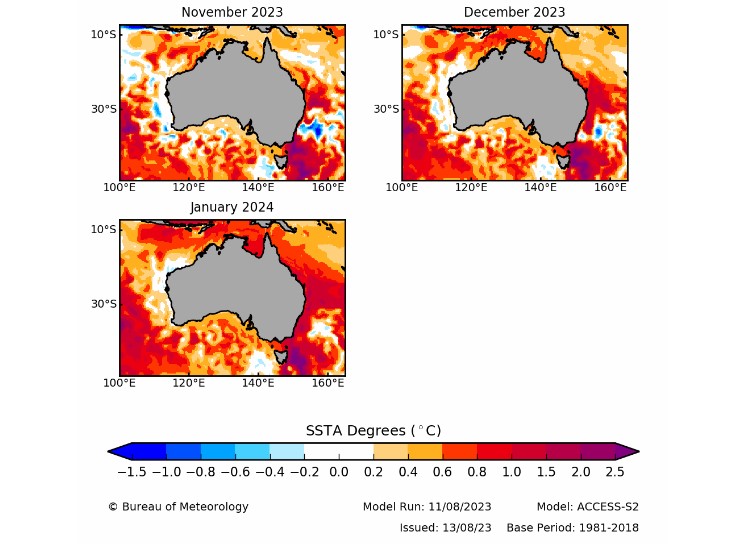
New “nudie” named in honour of Coffs Harbour scientist
29 November 2023
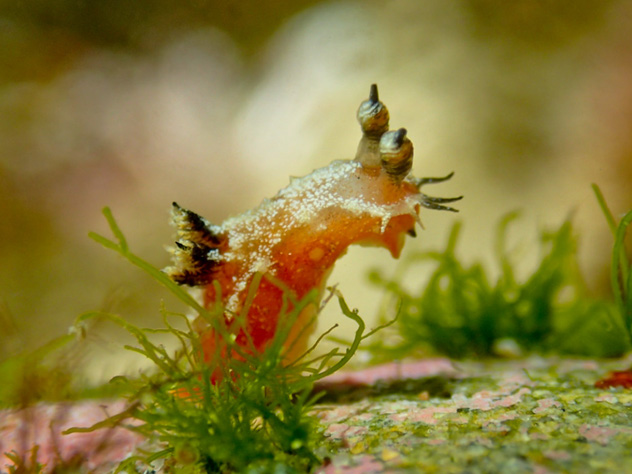
How genetics can protect kelp forests from global warming
24 October 2023
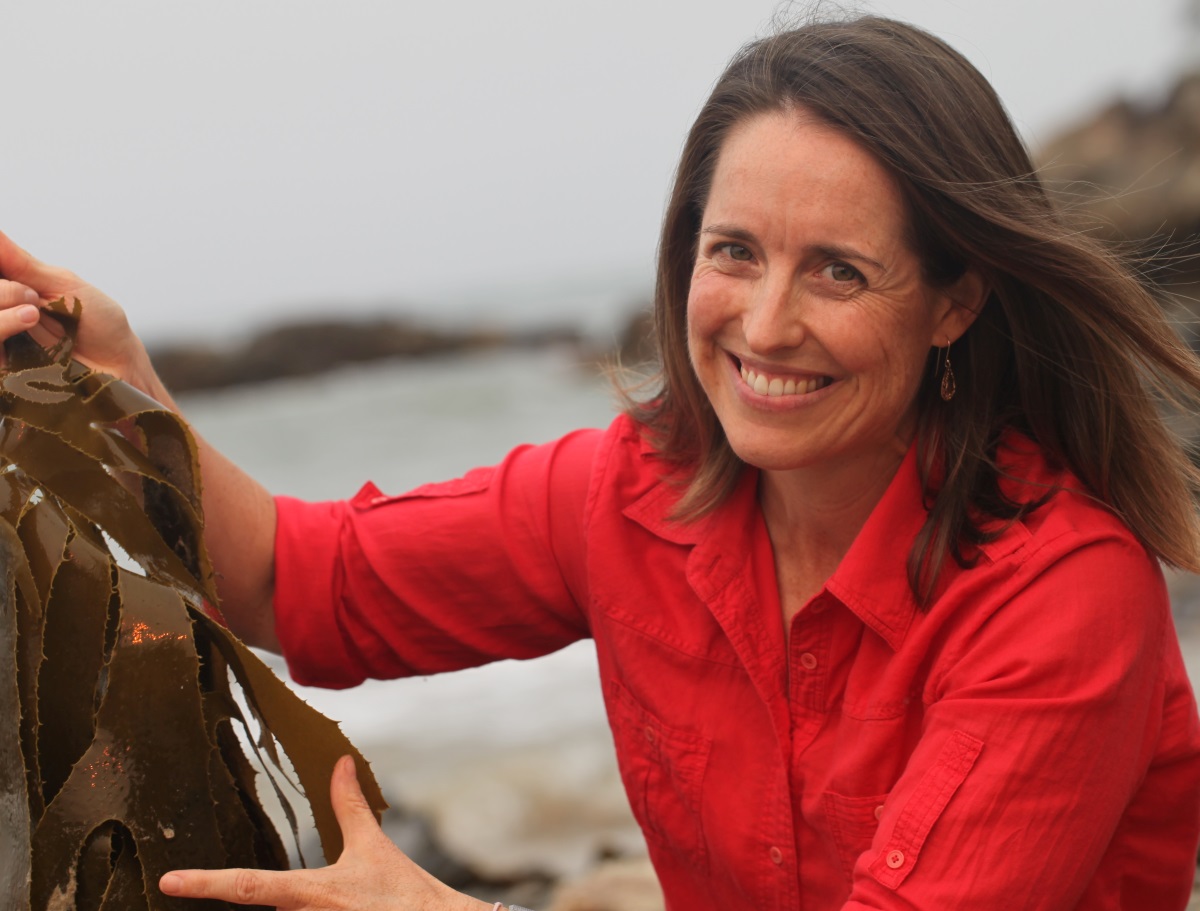
Getting ready for marine heatwaves in NSW this summer
5 December 2024
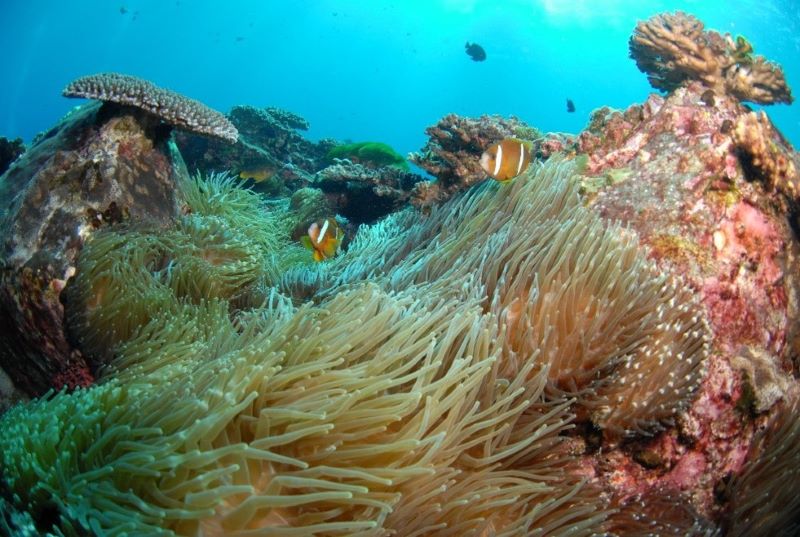
Researchers find climate change indicators
14 May 2020
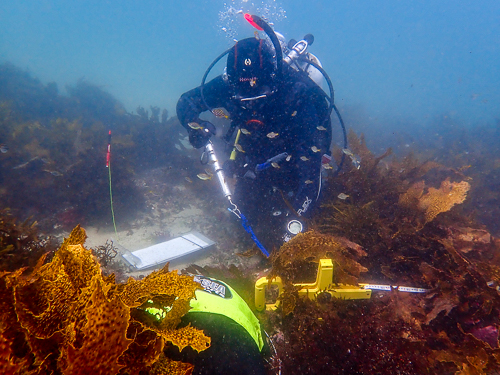
Keen eyes spot Bull Kelp on the NSW south coast
8 March 2022
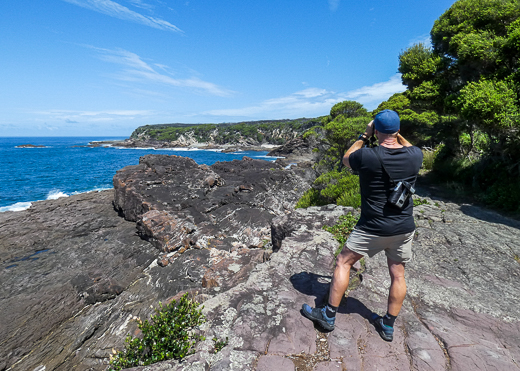
Marine heatwave predicted this summer – our scientist explains why we should be concerned
8 December 2023
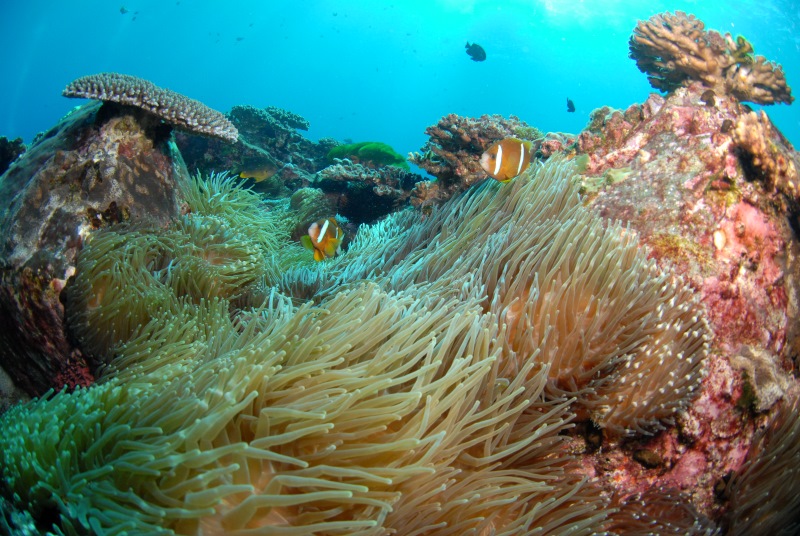
Celebrating our scientists for Science Week
15 August 2023
